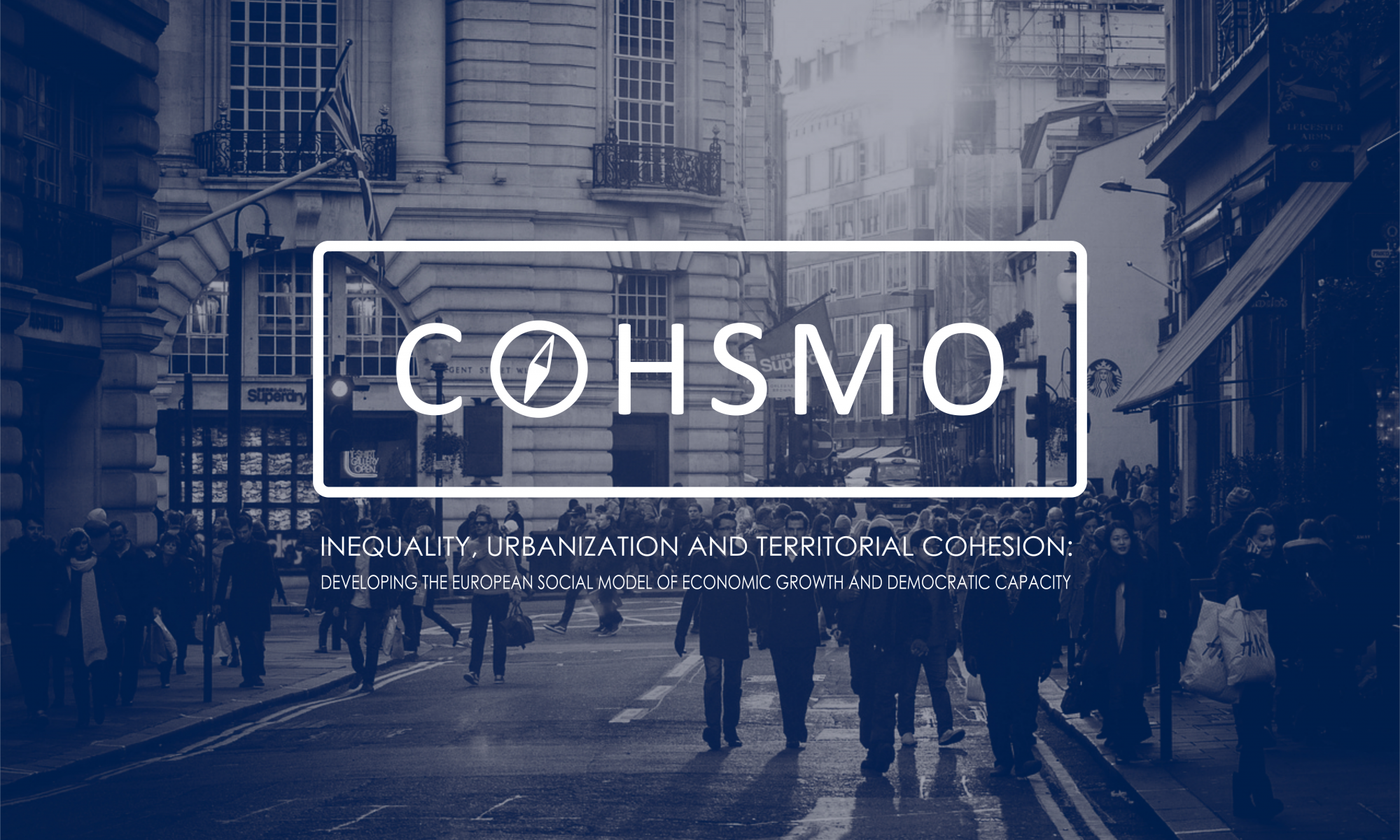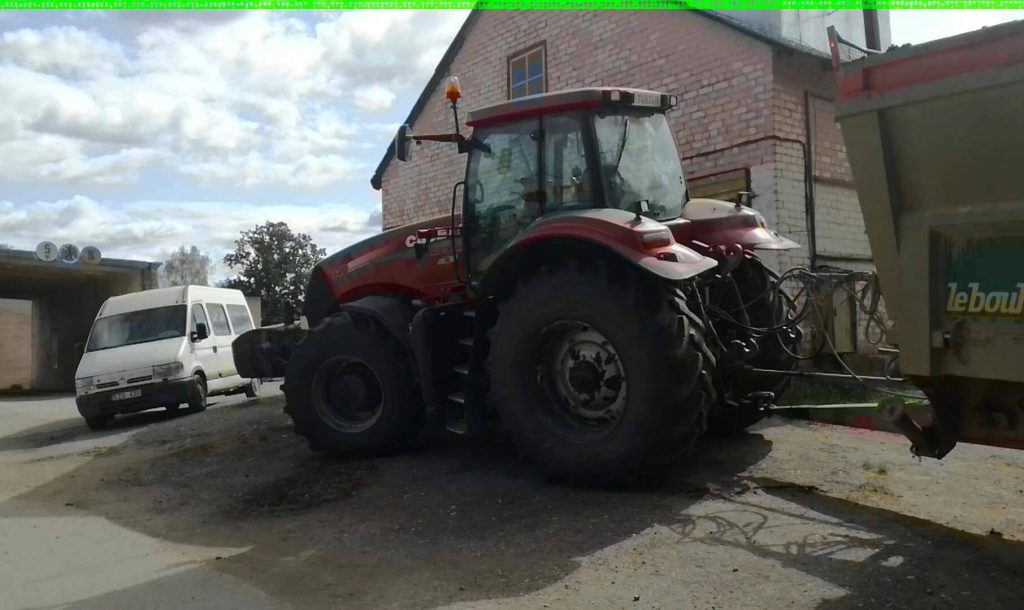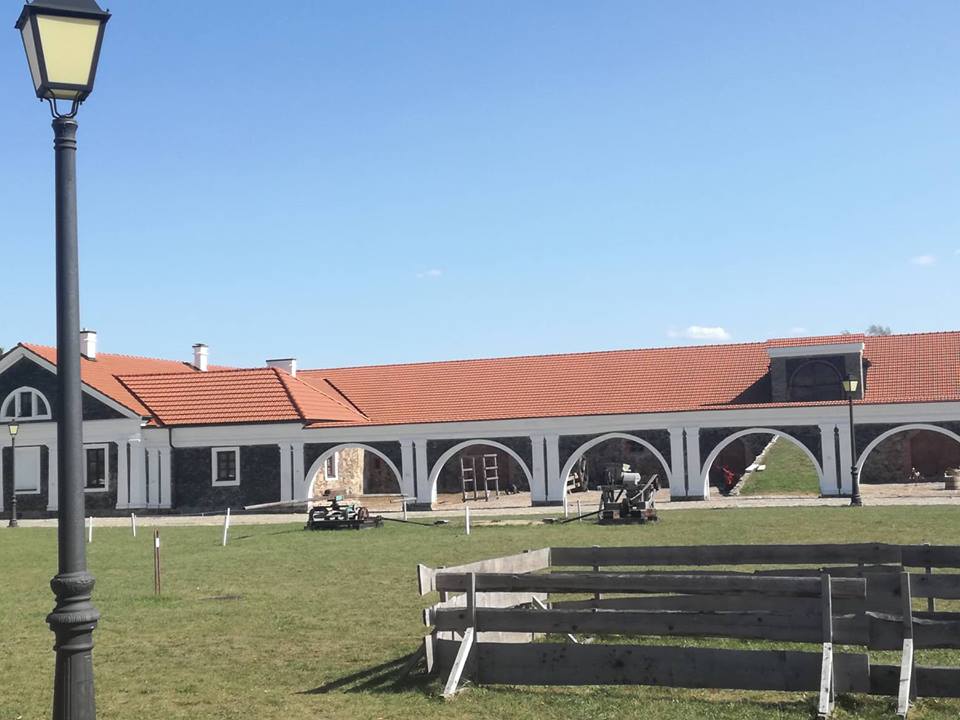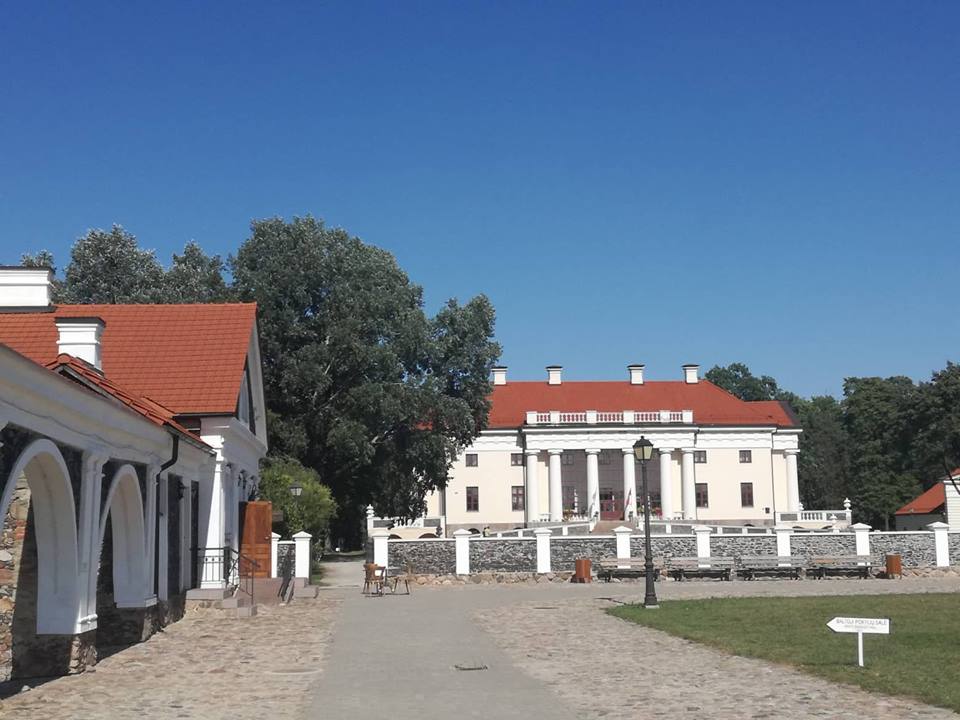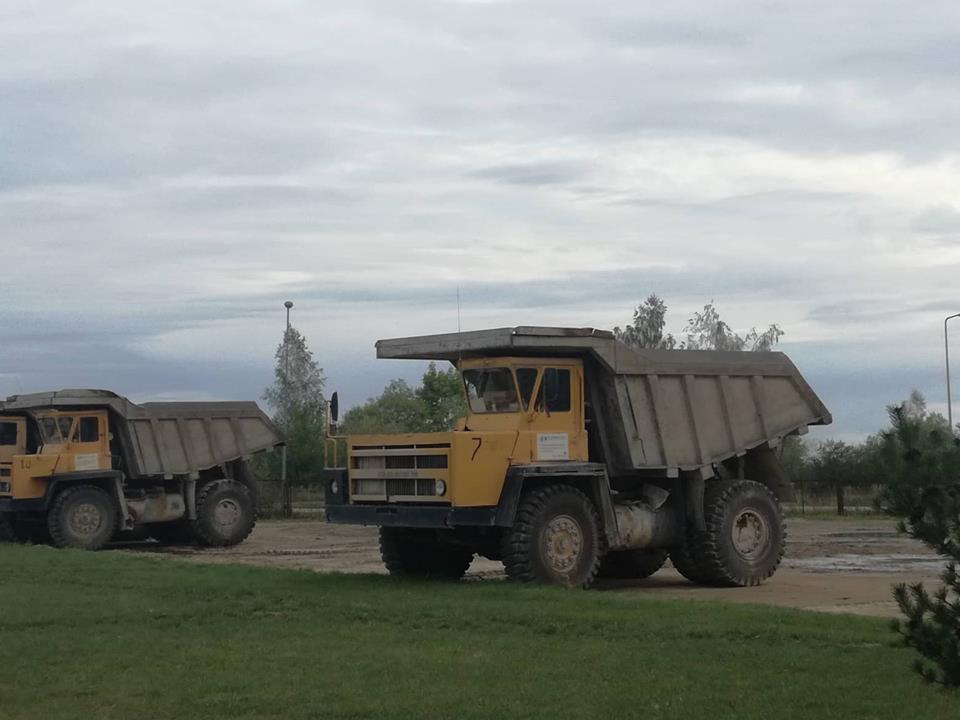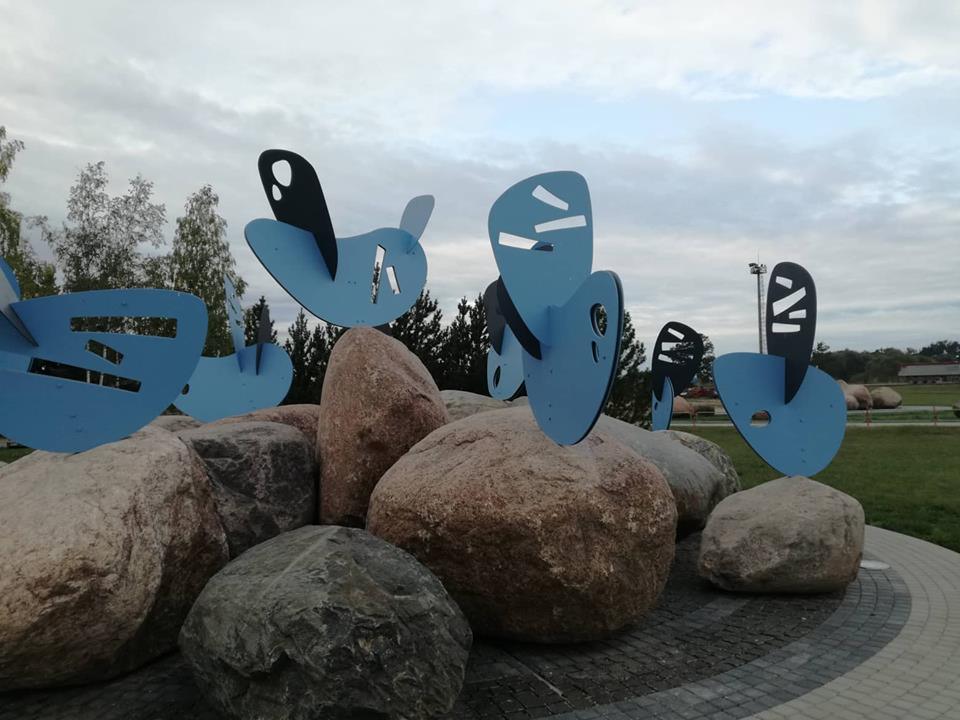The Lithuanian team has chosen three areas as subject for the case studies; one rural, one suburban and one urban – Pakruojis District, Kaunas District and Kaunas City. The main differences of the selected localities (municipalities) lay in their demographic, social and economic challenges and local potential to implement territorially-driven growth policies.
Kaunas City (Urban Case)
For example, “The 2014-2020 Investment Action Program of the European Union Funds” approved by the government of the Republic of Lithuania for implementation of “2014-2020 National Progress Program” emphasize that the larger cities of the country including Kaunas city municipality have a large potential for investments: besides creating polycentric urban districts and functional transportation system, the renewal of residential districts, the use of cultural potential and the maintenance of creative local communities are planned.
Kaunas District (Suburban Case)
A similar potential is characteristic for suburban Kaunas district municipality which is developing under the strong influence and proximity of Kaunas city in terms of commuting infrastructure, transportation networks, public services delivery and labor market supply. The extensive economic interdependence is also significant, especially, considering the proximity of Kaunas Free Economic Zone in Kaunas district territory which brings the large amount of new jobs and stimulates the increasement of household incomes. In this sense, the effective inter-institutional collaboration between both municipalities becomes one of the most important aspects. The geographic proximity and resources interdependence also creates some challenges for uncovering the specificity of territorial cohesion policies which could be related to specific territories.
Pakruojis District (Rural Case)
Contrary, the rural municipality of Pakruojis district reveals the challenges to grasp the innovative policies approach which could combine the scarce local resources and potential. The quick demographic decline and dependence on low value-added agriculture activities creates the continuous problems for municipal administration of re-shaping the economic growth strategy. One of the examples, is newly approved “Program for Small and Medium Business Promotion in Pakruojis” and continuous efforts to encourage cultural tourism (Pakruojis manor ensemble).
